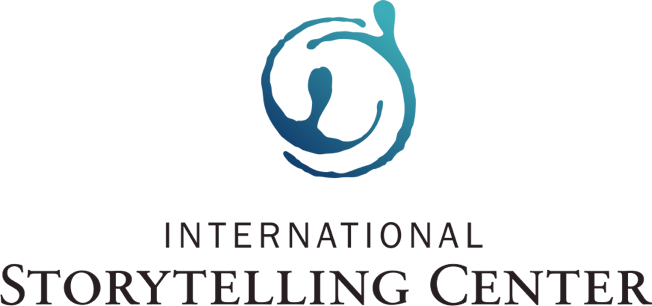ISC partnered with Langston Centre of Johnson City, Tennessee, to create an after-school enrichment program for at-risk youth.
Designed as a six-part series, the program brought professional storytellers on site to lead one-hour sessions for small groups of middle school students from early August to late October. The six tellers were selected to participate in the program based on their backgrounds in education and to represent a broad swath of oral traditions from around the United States and abroad. The participants were 10- to 14-year-old students who were already enrolled in Langston’s after-school program.
Initially developed with an overarching curriculum, these meetings converted easily into standalone learning blocks since most attendees could not attend all six sessions. ISC staff worked with resident storytellers to showcase their unique artistic strengths and to build students’ confidence levels and communication skills. The tellers modeled and taught practical principles such as the power of the human voice to convey information, the personal rewards of story crafting, and the importance of body language.
WEEK 1 | Liz Weir
Introduction to Storytelling and Irish Culture
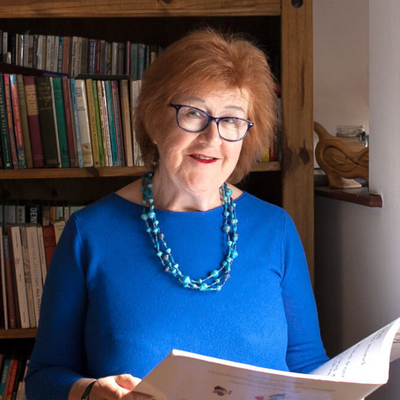
Liz Weir is a seasoned storyteller based in Northern Ireland. A former children’s librarian, Weir is now the proprietor of an international hostel, Ballyeamon, where she leads storytelling workshops for all ages and skill levels. Weir’s small group of students came straight to her session from their first day back at school. She captured their attention with background about her life in Ireland and a high-energy traditional tale and demonstrated how stories can grab and hold people’s attention for different purposes. The students had a chance to retell Weir’s stories from the session, serving as a fun and low-stakes activity to help them cultivate public speaking and performance skills.
WEEK 2 | Dan Keding
Voice Control and World Folktales
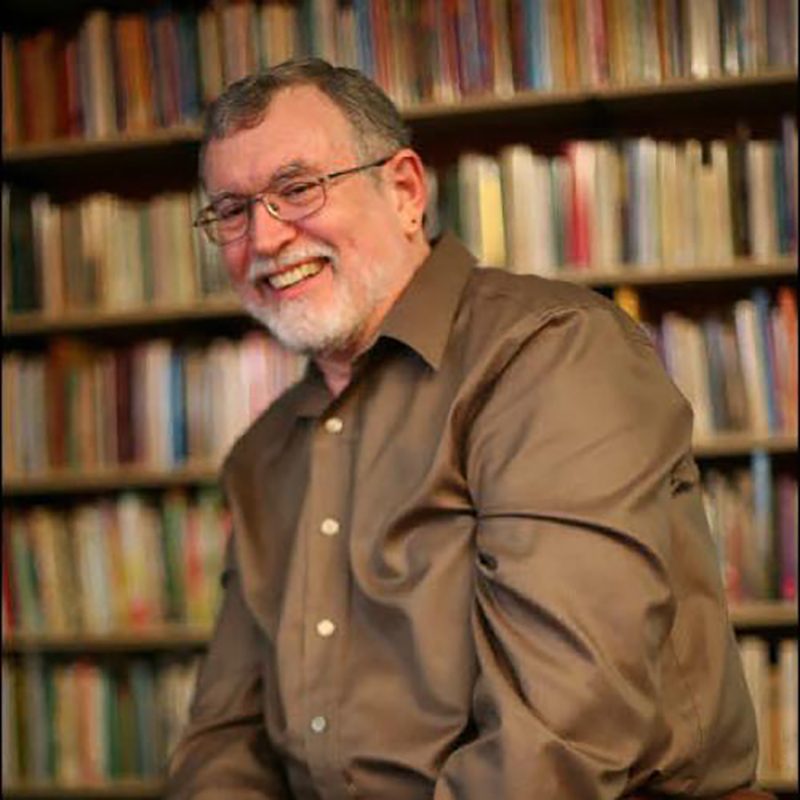
A former high school English teacher, storyteller Dan Keding has logged over 40 years as a full-time performer of stories and ballads. His specialty is global folk tales. The students attending Keding’s session warmed immediately to his version of Mr. Fox, a tale of suspense that demonstrated how modulating tone of voice can change meaning and impact. Students enthusiastically recreated the dramatic turning points, with guidance from Keding on how to control tone, rhythm, and volume, use body language, and harness nervous energy to effectively build rapport and share information. This fun and informal performance exercise taught the students core skills they can use for presentations and public speaking.
WEEK 3 | Adam Booth
Building Stories and Appalachian Culture
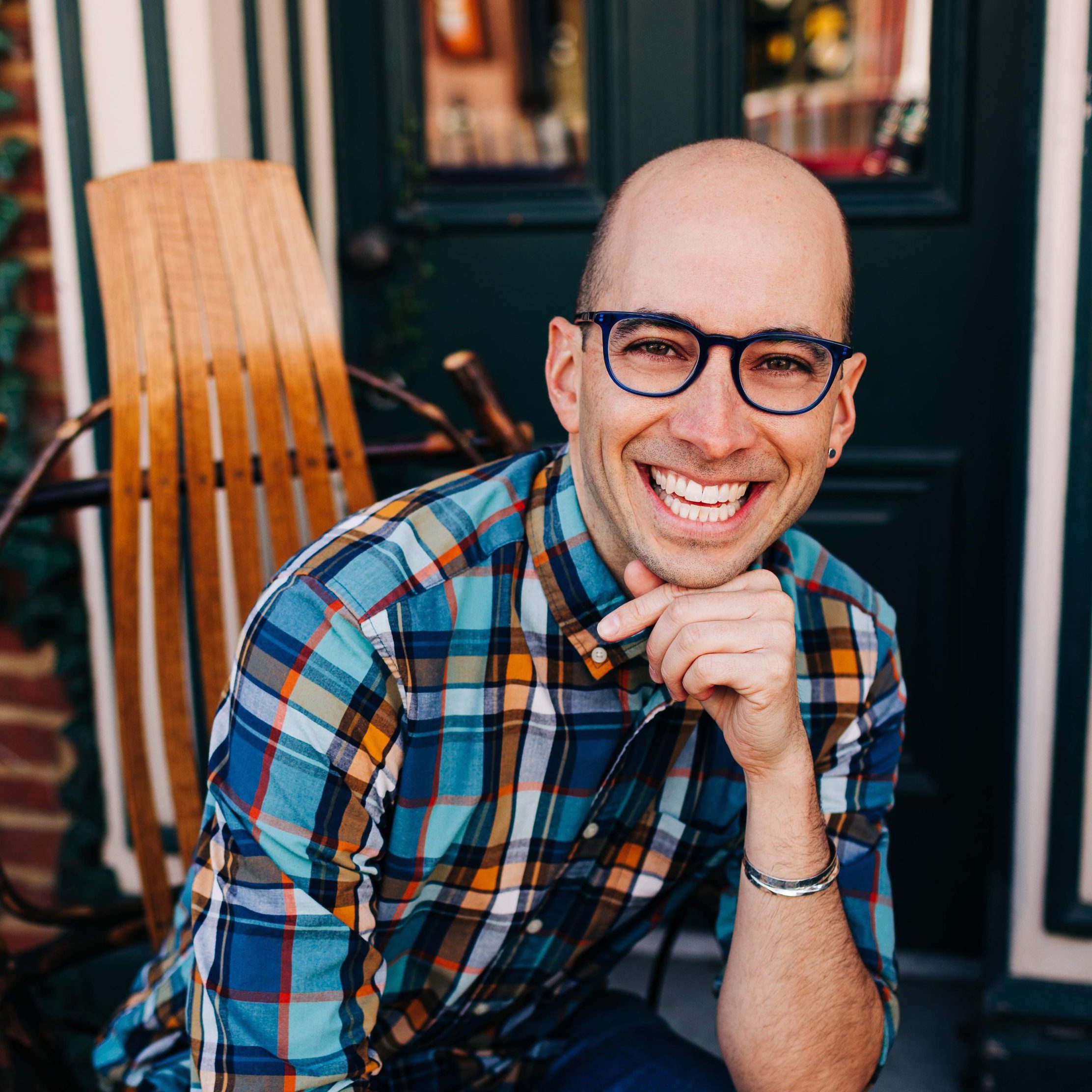
West Virginia native and 2022 West Virginia Folk Artist of the Year Adam Booth is equally at home as a storyteller and educator. His session began with a traditional Appalachian ghost story, modeling some of the evocative word choices and strategic elements of suspense that storytellers use to help listeners create meaning. He then guided the students in constructing a new original story together, introducing the process of storyboarding, or creating a visual representation of the action. Each student personalized their own ending of the group-created story, emphasizing creativity and the link between art and personal identity. Finally, the students presented portions of their customized story, practicing new skills and learning about their fellow participants.
WEEK 4 | Megan Wells
Historical and Personal Story Crafting
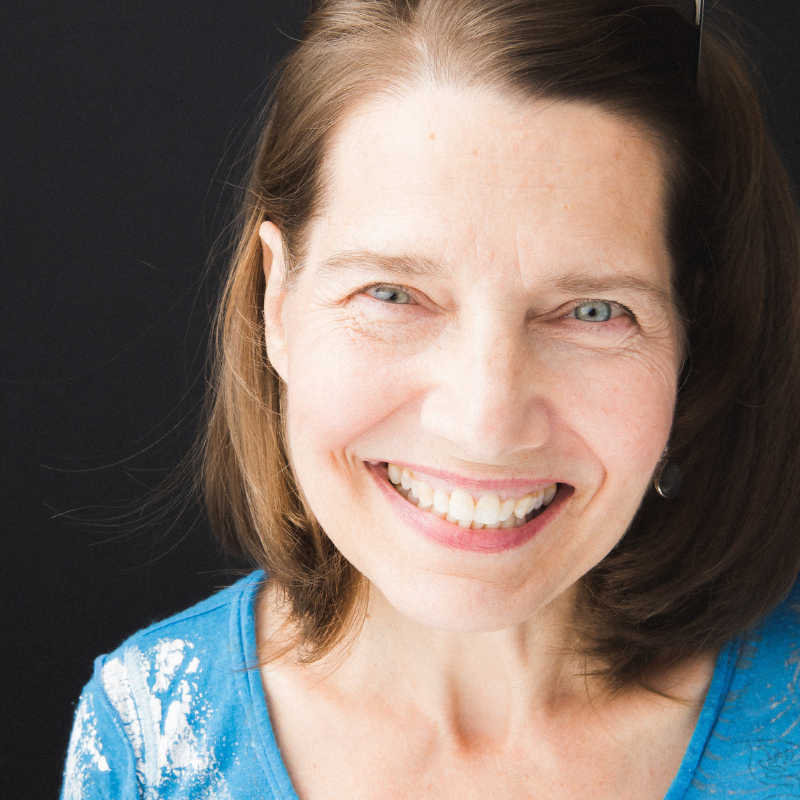
Megan Wells is a renowned storyteller and communications coach who began her career in Chicago theaters as an actress and director. Her session explored the intersection of historical and personal stories, including how to use research and improvisation to make the distant past come alive for modern listeners. With a performance based on a literary tale from 1902, Wells modeled the core principles of adaptation. Her interactive performance offered chances for students to present questions, comments, suggestions, and alternate endings. This format emphasized the relationship between teller and audience in building meaning, and modeled how to convey meaningful information in an entertaining and accessible way.
WEEK 5 | Peter Chand
Strong Imagery and Multiculturalism
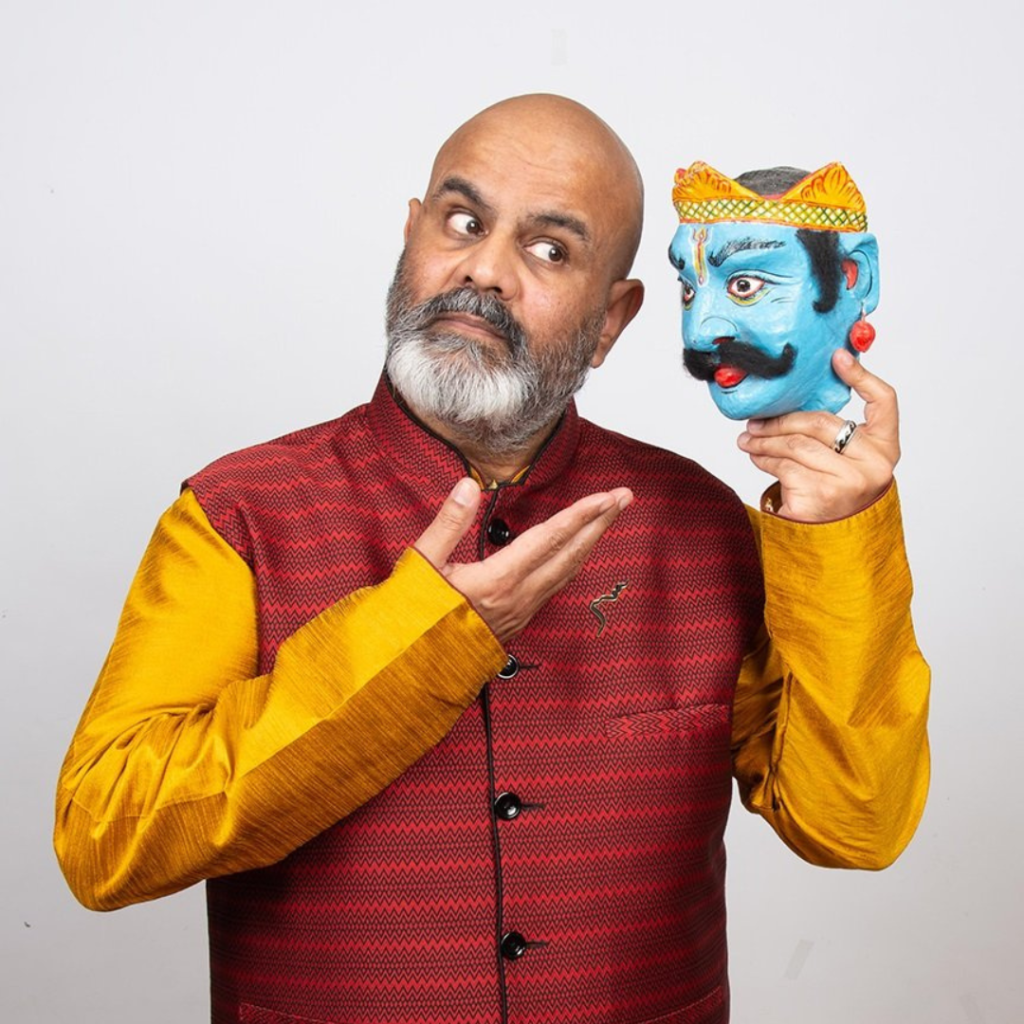
Peter Chand was born and raised in England after his Indian parents migrated to the United Kingdom. As a small child, he spoke only Punjabi with them at home, only learning English when he started school. Chand brings that dual sensibility to his work as a storyteller and educator, adapting traditional Indian stories for audiences of all ages. The students in Chand’s session were intrigued by his stories about Indian culture, then delighted by a series of challenging riddles (drawn from Chand’s previous sessions with other students). Based on Chand’s performance and prompts, students explored the value of strong imagery in storytelling to engage the imagination and connect listeners across cultural differences.
WEEK 6 | Lyn Ford
Identity, Tradition, and African American Culture in Appalachia
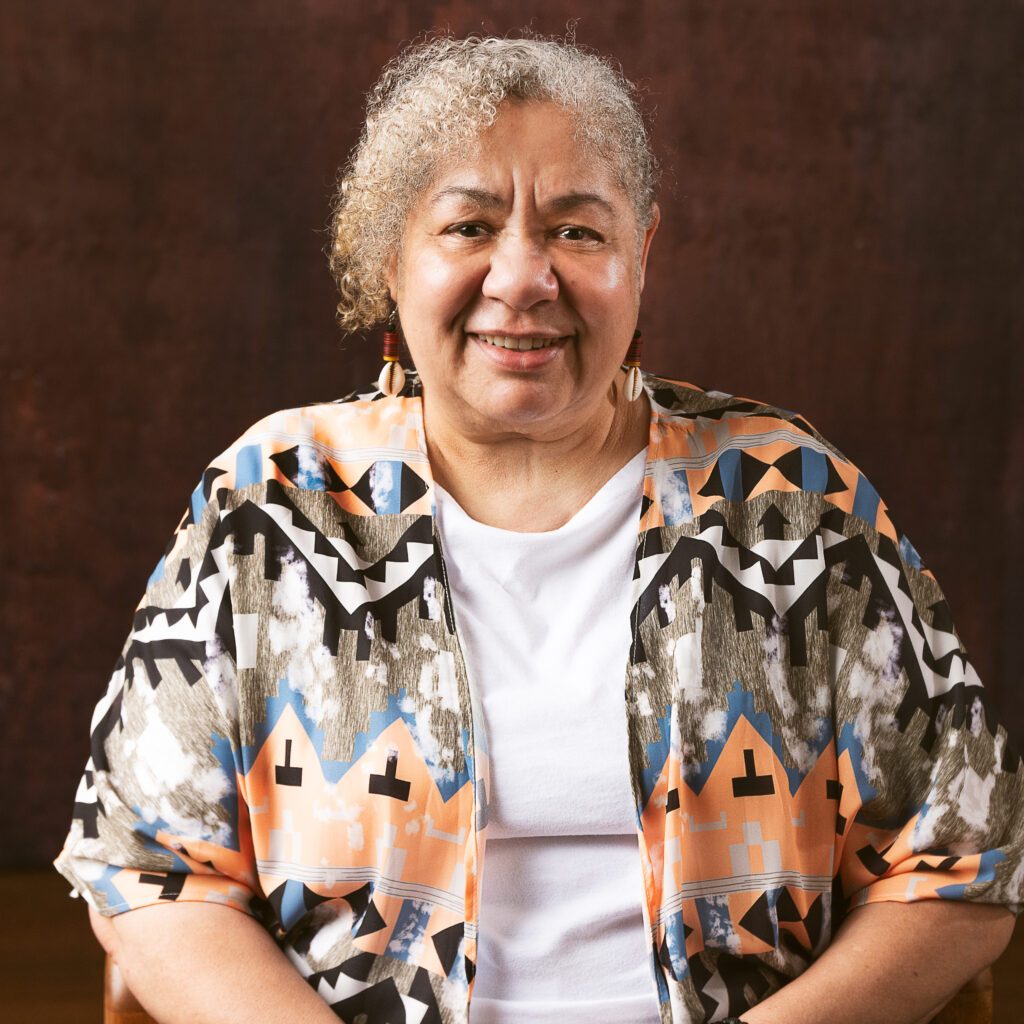
Lyn Ford is a teaching artist, workshop facilitator, and youth mentor based in Appalachian Ohio. For the sixth and final session, which was close to the Halloween holiday, Ford curated a lineup of spooky personal tales and adaptations of traditional ghost stories. Sharing a personal story about scaring her little sister, Ford modeled how stories are embedded and expressed in our communities, relationships, and family histories. Ford also shared her scary take on a traditional Jack tale and encouraged students to share their own personal stories of fearful times. Throughout the session, she coached students on the power of facial expressions and body language to convey meaning.


